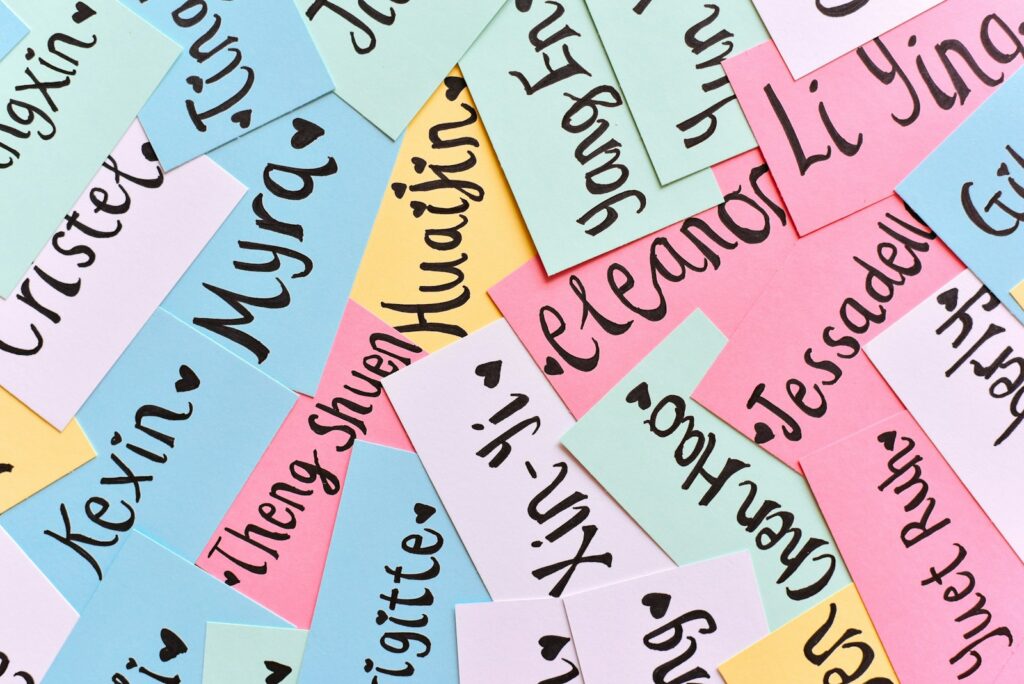
Names are more than just labels; they are vessels carrying generations of history, cultural meaning, and personal journeys. Each syllable often resonates with stories untold, with dreams held dear, and with the unique path of every individual who bears it. They shape our perceptions, connect us to a past, and often inspire our future, reflecting the rich tapestry of human experience.
Consider the name Sharon, a name that evokes a sense of both familiarity and intrigue. It is a name that has witnessed profound transformations, traversed continents, and graced the lives of countless individuals, each contributing their unique spirit to its ever-evolving narrative. From ancient plains to modern screens, “Sharon” is a name woven with threads of deep meaning, resilient identity, and remarkable cultural presence.
In the spirit of embracing our authentic selves and understanding the legacies that empower us, we embark on an illuminating exploration of the name Sharon. This journey will uncover its inspiring origins, trace its fascinating historical shifts, celebrate its multifaceted cultural symbolism, and acknowledge the trailblazers and fictional icons who have etched “Sharon” into our collective consciousness, reminding us of the profound power inherent in a name.
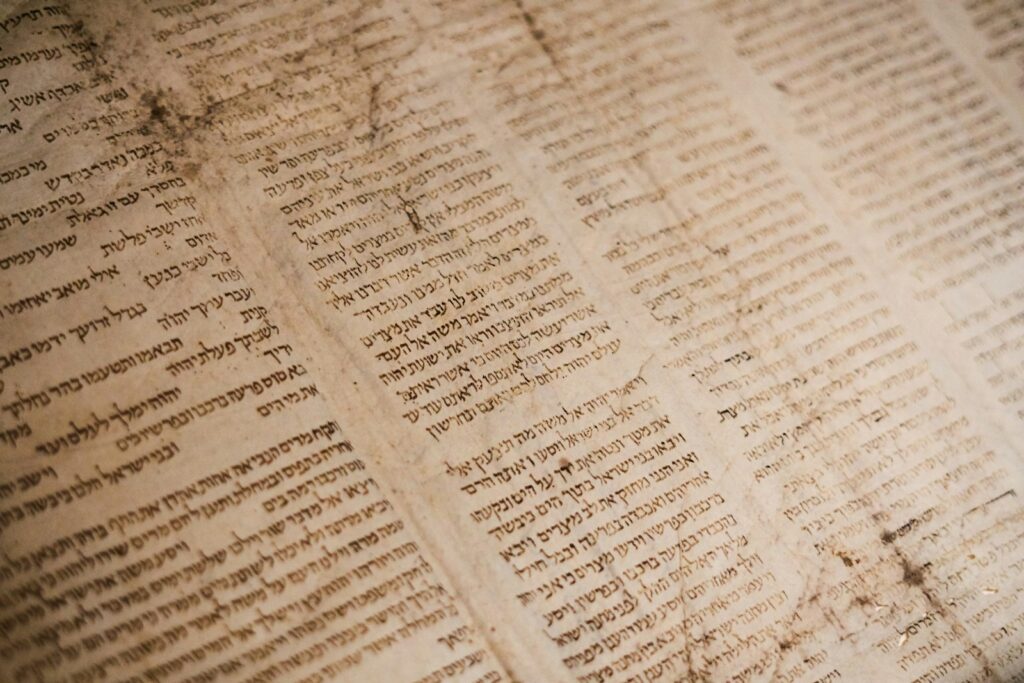
1. **The Enduring Origins and Profound Meanings of “Sharon”**The story of the name Sharon begins in the ancient lands of Hebrew, where it first emerged from the simple yet powerful word שָׁרוֹן (Šārôn), meaning “plain.” This humble origin points to a foundational connection with the land, specifically referring to “the fertile plain between the Samarian Hills and the coast,” a place known for its natural beauty and abundance. This geographical root imbues the name with a sense of groundedness, fertility, and a connection to nature’s enduring cycles.
Beyond its geographical designation, the name Sharon carries a profound spiritual resonance, most famously encapsulated in the phrase “rose of Sharon” (חבצלת השרון ḥăḇaṣṣeleṯ ha-sharon) found in the King James Version translation of the Song of Songs. This poetic imagery, “I am the rose of Sharon, the lily of the valley,” lifts the name from a mere location to a symbol of exquisite beauty and cherished affection. While the ‘rose’ itself is debated, denoting a crocus or meadow saffron, the sentiment of being “Overshadowed By God’s Love” (as one etymological interpretation suggests) adds an unparalleled layer of spiritual depth and divine favor to the name.
The etymological journey of Sharon offers further layers of meaning, suggesting connections that speak to strength and stability. While some scholars “plausibly connected” the name to the verb ישר (yashar), meaning “to be level or straight,” implying a “Great Plain” of order and righteousness, another compelling interpretation links it to the common Hebrew word שרון (shiryan), which signifies “body armor.” This dual potential—evoking both expansive plains and protective strength—presents a multifaceted identity, suggesting a balance of openness and resilience within the name.
This intriguing interplay of meanings – from fertile landscape and poetic beauty to structural straightness and protective armor – renders “Sharon” a name imbued with a rich, almost paradoxical, depth. It speaks to a heritage that is both nurturing and strong, gentle and enduring. For those who bear it, these historical roots can serve as a powerful foundation, connecting them to an ancient legacy of natural grace and unwavering spirit, inviting a personal reflection on their own inner strength and growth.
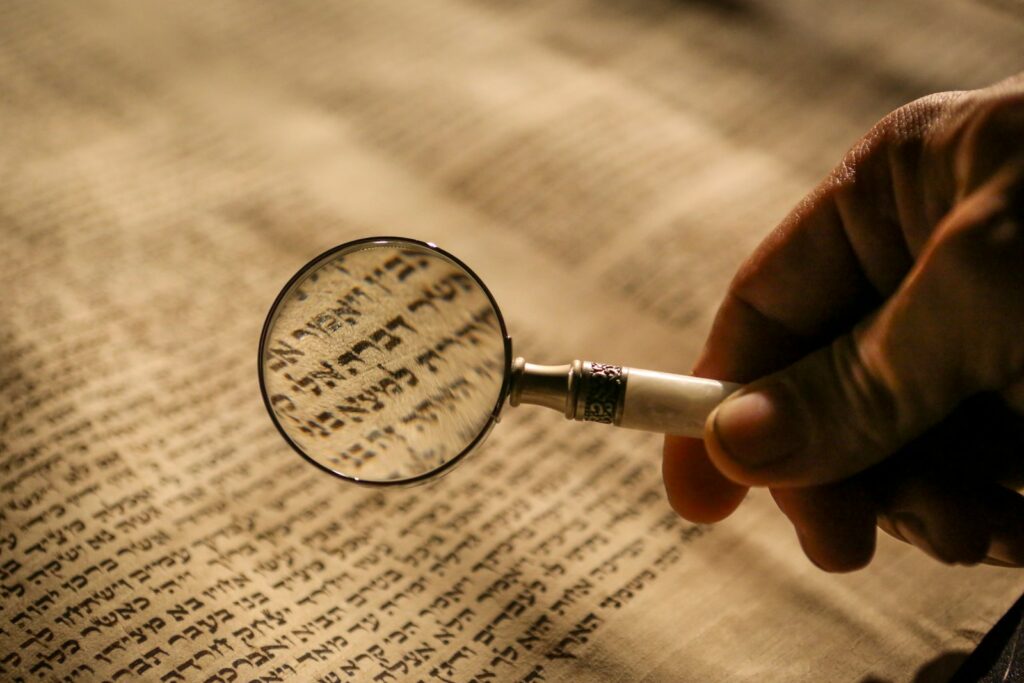
2. **A Name’s Journey: From Uni to Predominantly Feminine**Tracing the usage history of “Sharon” reveals a fascinating evolution in its gender association, mirroring broader shifts in naming conventions. Historically, in its Hebrew origin, Sharon was a uni name, used for both men and women, and continues to be so in Israel. However, as it migrated into English-speaking regions, its trajectory began to diverge, leading to a distinct feminization that largely defined its popularity throughout the 20th century.
The name’s significant entry into the English lexicon as a feminine given name commenced in the early 20th century, specifically hitting the statistics of the 1,000 most common given names in the United States in 1925. This rise was possibly ignited by the captivating narrative of the heroine in Adela Rogers St. Johns’s serial novel “The Skyrocket,” published in 1925, which was swiftly adapted into a romantic drama film the following year, starring Peggy Hopkins Joyce as Sharon Kimm. Such cultural touchstones often play a pivotal role in shaping naming trends, imbuing names with new public resonance.
Following this initial spark, “Sharon” witnessed a steep surge in popularity across the U.S. during the mid-1930s, ultimately reaching its zenith in the 1940s. It proudly held a spot among the top-10 names for girls for much of that decade, a testament to its widespread appeal and modern charm. While briefly recorded for boys, predominantly in the 1940s, its masculine usage never achieved significant popularity, firmly establishing it as a cherished feminine choice in American culture.
The popularity wave for “Sharon” also swept through other Anglosphere nations, peaking in the United Kingdom during the 1960s, where it ranked as the 10th most popular female name by 1964. Similarly, in Canada, its zenith was concurrent with the United States, reaching #5 in 1943 and 1944. This global embrace during the mid-20th century highlights a collective admiration for the name, marking an era where “Sharon” became a resonant identifier for a generation of women worldwide, symbolizing a period of shared cultural experience and identity.

3. **The Cultural Tapestry of Sharon: Symbolism, Flowers, and Faith**The phrase “Rose of Sharon” has transcended its literal botanical meaning to become a rich cultural emblem, imbuing the name Sharon with layers of symbolic depth. Though the precise flower referred to in the Song of Solomon might be a crocus or meadow saffron, its enduring association with a ‘rose’ has cemented its imagery as one of exceptional beauty and delicate strength. This evocative connection has woven Sharon into the fabric of romantic and spiritual expression, making it a name synonymous with profound aesthetic and emotional value.
Beyond its immediate floral association, the “Rose of Sharon” carries a constellation of qualities that resonate deeply with human aspirations. It is often linked with attributes such as love, beauty, and healing, suggesting a natural capacity for nurturing and rejuvenation. These qualities imbue the name Sharon with an inherent grace and a gentle power, hinting at an individual who brings warmth, solace, and aesthetic appreciation into the world. It’s a subtle affirmation of inner radiance and a life lived with heart.
In Christian culture, the symbolism of the “Rose of Sharon” takes on an even more profound spiritual significance. Some traditions believe that this beautiful flower is a representation of Jesus Christ himself, associating the name Sharon with divinity, grace, and redemption. This sacred connection elevates the name to a realm of deep spiritual meaning, suggesting a bearer connected to profound faith, hope, and an unwavering source of inner light. Such powerful associations can offer a sense of purpose and comfort to those who carry the name.
This rich cultural tapestry, woven with threads of botanical beauty, emotional depth, and spiritual reverence, ensures that the name Sharon is far more than just a label. It is a heritage of meaning, offering a constant wellspring of inspiration for personal reflection and growth. To bear the name Sharon is to carry a legacy infused with love, beauty, healing, and a profound, perhaps even divine, connection, encouraging individuals to embody these timeless virtues in their own unique journeys.

4. **Echoes in Literature and Screen: Sharon as a Fictional Force**The name Sharon has consistently captivated the imaginations of storytellers, finding its way into a diverse array of fictional works across literature, comics, and screens both big and small. This pervasive presence in popular culture speaks to the name’s inherent relatability and versatility, allowing creators to craft characters that resonate deeply with audiences across generations and genres. Each portrayal adds a new facet to the name’s collective identity, reflecting different aspects of human experience.
In the vibrant world of Marvel Comics, Sharon Carter stands as a formidable secret agent and an ex-field agent of S.H.I.E.L.D., embodying strength, intelligence, and unwavering dedication. Her character brings a dynamic, action-oriented dimension to the name, showcasing Sharon as a figure capable of navigating complex challenges and standing firm in the face of adversity. This portrayal solidifies the name’s association with resilience and a powerful, independent spirit in contemporary storytelling.
Meanwhile, the animated television series “Braceface” introduces us to Sharon Esther Spitz, a protagonist who navigates the relatable trials and triumphs of adolescence with braces. Her journey highlights themes of self-acceptance, friendship, and discovering one’s unique identity during formative years. Through Sharon Esther Spitz, the name becomes synonymous with empathy, authenticity, and the universal experience of growing up, making it approachable and endearing to a younger audience.
Perhaps one of the most enduring literary connections for the name is found in John Steinbeck’s American realist novel, “The Grapes of Wrath,” where Rose of Sharon Joad Rivers plays a pivotal, emotionally charged role. Her character, facing immense hardship with quiet strength and ultimately an act of profound compassion, elevates the name to a symbol of human endurance, sacrifice, and hope amidst despair. This iconic literary figure anchors Sharon in a narrative of profound social commentary and enduring human spirit, showcasing its capacity to carry weighty, universal themes.
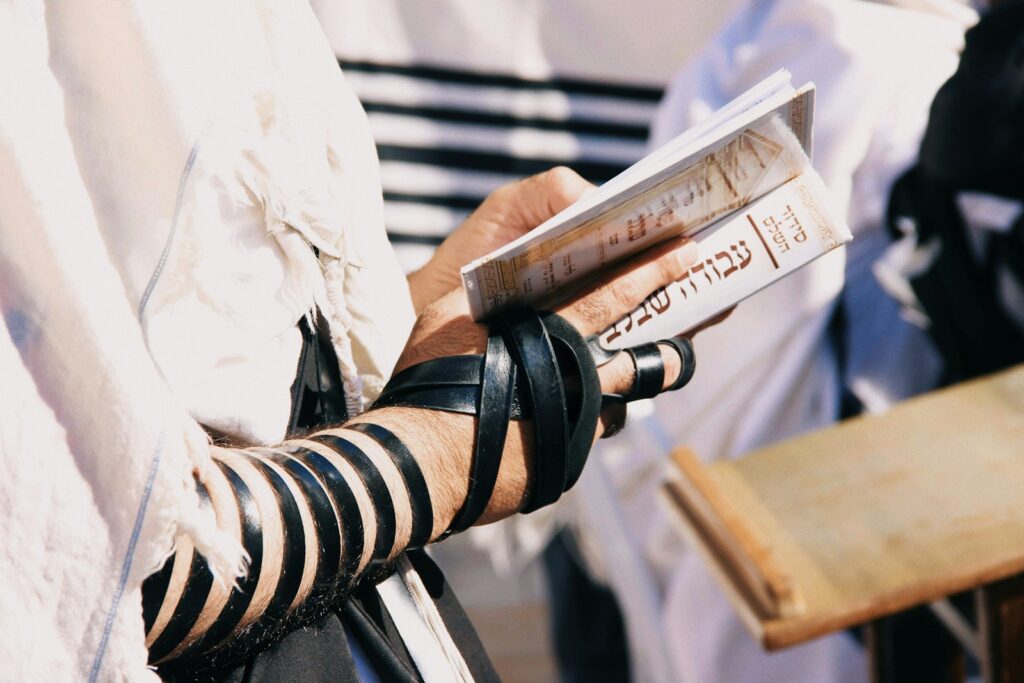
5. **The Faces of Sharon: Celebrating Icons and Trailblazers**Beyond its rich historical and fictional tapestry, the name Sharon shines brightly through the achievements of countless remarkable individuals who have borne it, leaving indelible marks in various fields. These notable women, through their talent, dedication, and unique contributions, have collectively shaped the public perception of the name, imbuing it with their personal legacies of success, influence, and inspiration. Their stories are a testament to the diverse capabilities and enduring spirit associated with “Sharon.”
Among the most recognizable figures is Sharon Stone, an acclaimed American actress, model, and producer whose career has spanned decades, marked by iconic performances and a powerful presence in Hollywood. Her journey exemplifies resilience and reinvention in a demanding industry, showcasing a Sharon who is confident, intelligent, and unafraid to challenge conventions. Her impactful career inspires many, solidifying the name’s association with strength, talent, and enduring star power.
Then there is Sharon Osbourne, a television personality, businesswoman, music manager, and author, whose vibrant and outspoken persona has made her a cultural fixture. As the wife and manager of Ozzy Osbourne, she has built a media empire alongside her family, demonstrating shrewd business acumen, unwavering loyalty, and a fierce protective spirit. Her public life, filled with both triumphs and personal challenges, paints a picture of a Sharon who is resilient, outspoken, and deeply dedicated to her loved ones.
From the stages of RuPaul’s Drag Race, Sharon Needles emerged as an American drag queen, recording artist, and reality television personality, captivating audiences with her unique blend of gothic glamour and biting humor. Her triumph on a national platform embodies self-expression, artistry, and the courage to be unapologetically oneself. Sharon Needles adds a dimension of bold individuality and boundary-pushing creativity to the name, celebrating the power of personal authenticity and performance.
Another powerful voice in the arts is Sharon Horgan, an Irish actress, writer, and producer, celebrated for her sharp wit and insightful portrayals of modern life in television and film. Her comedic and dramatic works consistently push boundaries, making her a significant figure in contemporary entertainment. Sharon Horgan showcases a Sharon who is intelligent, humorous, and unafraid to explore the complexities of human relationships, leaving a distinct and influential mark on storytelling. These extraordinary individuals, in their varied fields, contribute to the rich, multifaceted identity of the name Sharon, reflecting a legacy of achievement, resilience, and profound influence.

6. **The Shifting Tides of Popularity: A Glimpse into Sharon’s Ascent and Descent**Every name, much like a person, has its own unique journey through time, experiencing moments of soaring popularity and periods of quiet retreat. The name Sharon is no exception, having gracefully navigated the dynamic currents of public favor over the decades. Understanding these shifts offers a fascinating lens into cultural trends, societal values, and the subtle ways in which a name can reflect the spirit of an era. It’s a powerful reminder that even something as seemingly constant as a name is always evolving, carrying with it the echoes of its past and the promise of its future.
In the United States, Sharon began its ascent into the popular lexicon in the early 20th century, first making its mark within the statistics of the 1,000 most common given names for girls in 1925. This initial spark was quite possibly ignited by the compelling character in Adela Rogers St. Johns’s widely read serial novel, “The Skyrocket,” which captivated audiences in 1925 and was swiftly followed by a romantic drama film adaptation the next year, starring Peggy Hopkins Joyce as Sharon Kimm. Such cultural touchstones often provide the perfect launchpad for a name to capture the hearts of new parents, infusing it with modern appeal and widespread charm.
The name’s popularity truly took off in the mid-1930s, reaching its vibrant peak during the 1940s. For much of that decade, Sharon proudly held a spot among the top-10 names for girls, a testament to its widespread adoration and the positive associations it held for many families across the nation. During this period of widespread embrace, variations such as Sharron were also recorded from the 1930s to the 1970s, and the more distinctive spelling Sharyn enjoyed a brief but notable surge, peaking in 1945, showcasing the creative ways parents personalized this beloved name.
However, as with many beloved names that experience a golden age, Sharon’s remarkable run began to steadily decline after the 1940s, aside from a minor resurgence in the late 1950s. This gradual shift saw it fall out of the top 100 after 1977, then out of the top 500 after 2001, and eventually out of the top 1,000 names for American girls after 2016. These statistics tell a story of evolving tastes and societal shifts, but they certainly don’t diminish the rich legacy and enduring presence Sharon has carved out for generations of women.
The popularity of Sharon wasn’t confined to the United States; its appeal resonated across the Anglosphere, indicating a shared cultural sentiment. In the United Kingdom, for instance, its zenith arrived during the 1960s, where it proudly claimed the 10th spot for most popular female names by 1964, remaining as high as 17th in 1974. Similarly, Canada experienced its peak concurrently with the U.S., with Sharon reaching an impressive #5 in both 1943 and 1944. This synchronized global embrace in the mid-20th century underscores a collective admiration for the name, marking an era where Sharon became a resonant identifier for a generation of women worldwide.
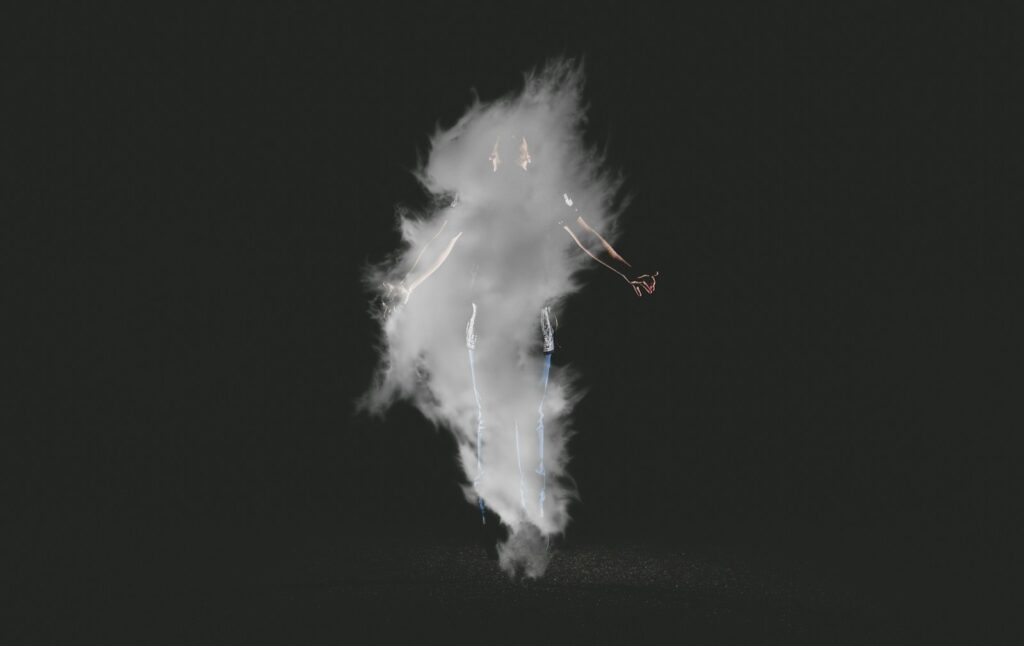
7. **Confronting Stereotypes: The Resilient Spirit of Sharon**Life’s journey, especially when lived authentically, often presents us with unexpected challenges, and for those bearing certain names, this can sometimes include confronting prevailing stereotypes. The name Sharon, despite its rich history and beautiful meanings, has unfortunately been subjected to various societal pigeonholes, particularly in the United Kingdom. These perceptions, however unwarranted, speak volumes about the broader issues of cultural labeling and the resilience required to rise above them. It’s a powerful testament to personal strength to remain true to oneself in the face of such narratives.
In the 1980s, a particular stereotype emerged in the United Kingdom, unfairly branding Sharon as a “chav” name. This derogatory label was often used to signify a working-class teenage girl, frequently associated with employment in a supermarket. Such classifications are not just reductive; they often strip individuals of their unique identities, replacing them with a generalized, often negative, image. It’s a stark reminder of how quickly societal biases can attach themselves to something as personal as a name, creating an invisible hurdle for those who carry it, challenging their inherent worth and individuality.
As decades passed, the narrative surrounding the name shifted, and by the 2010s, Sharon became associated with memes that playfully, yet still somewhat demeaning, poked fun at “overbearing middle-aged women who complain to authority figures.” While seemingly innocuous, these lighthearted jabs still contribute to a broader caricature, fostering a public perception that can be both frustrating and hurtful. These evolving stereotypes highlight a continuous struggle against pre-conceived notions, often rooted in ism and age discrimination, which unfortunately caused difficulty for women named Sharon simply for bearing their given name.
However, there are also moments when the very act of confronting these stereotypes can become a powerful statement, transforming a perceived weakness into an act of reclaiming identity. One such memorable instance occurred during the BBC’s “Celebrity Mastermind.” When contestant Amanda Henderson mistakenly answered “Sharon” to a question about a Swedish teenage climate activist, the real activist, Greta Thunberg, embraced the moment with humor and grace. She playfully changed her Twitter bio to “Sharon” for a day (3 January 2020), effectively turning a moment of inadvertent mislabeling into a viral act of solidarity and good-natured defiance against stereotypes.
This incident, though humorous, carried a deeper message of empowerment. It demonstrated that while external labels may attempt to define us, our true identity and spirit are ultimately our own to shape and celebrate. For women named Sharon, and indeed for anyone who has faced unfair categorization, such moments serve as an inspiring reminder that resilience, self-acceptance, and a good sense of humor are potent tools for navigating a world that sometimes tries to put us in boxes. It underscores the importance of choosing our own narrative, one that is rich in personal meaning and unwavering self-worth, regardless of external perceptions.

8. **Sharon’s Digital Footprint: Navigating the Modern Landscape**In our increasingly interconnected world, a name’s presence extends far beyond spoken word or written registry; it now has a vibrant digital footprint that speaks volumes. For many modern parents, assessing a name’s online visibility and prevalence has become an important step in choosing an identity for their child, offering valuable insights into its rarity or ubiquity. This digital journey tells a contemporary story, reflecting how a name like Sharon continues to live, evolve, and resonate within the vast expanse of the internet, connecting generations in new and dynamic ways.
The digital landscape for the name Sharon is both extensive and telling, demonstrating its undeniable impact in the modern era. A quick glance reveals its substantial presence on platforms like Wikipedia, where it merits its own dedicated page (“Sharon (name)”), testament to its historical significance and widespread recognition across cultures. Moreover, its social media imprint is considerable, with an impressive 203,927 profiles on Facebook recorded as per 2019 data, showcasing a vast community of individuals who share this name and connect across digital borders, fostering global connections.
Further illustrating its digital resonance, the name Sharon garners an average of 5,400 monthly global searches on Google, as tracked by Semrush. This consistent search volume highlights an ongoing curiosity and interest surrounding the name, whether it’s people researching its origins, famous bearers, or simply connecting with others who share it. Such data provides a fascinating snapshot of how deeply ingrained Sharon remains in our collective consciousness, affirming its enduring legacy even in an age dominated by rapidly shifting online trends and ephemeral digital content.
For those embarking on the journey of naming a child, understanding this digital footprint offers practical wisdom and a sense of informed choice. It allows prospective parents to gauge the name’s contemporary standing, to envision its digital persona, and to consider how their child might navigate an online world where their name is instantly searchable. A name like Sharon, with its established online presence, offers a sense of stability and widespread recognition, providing a comforting blend of tradition and modernity in an ever-changing digital age.

9. **Personal Reflections: Embracing the Identity of Sharon**Ultimately, the most profound meaning of a name resides not in its ancient origins or its popularity charts, but in the heart and mind of the individual who bears it. A name becomes an intrinsic part of one’s identity, a personal anthem that echoes through life’s journey, shaping perceptions and fostering self-discovery. For every person named Sharon, their name is a unique lens through which they view themselves and interact with the world, a constant companion that influences their personal narrative and empowers their self-expression, making it uniquely theirs.
Sharon Puthur, an insightful author and blogger from India, beautifully articulates this deeply personal connection to her name. She shares a universally relatable experience: “Sharon is a Hebrew name. Most people are unsure of how it is pronounced because its pronunciation is different from the way it is spelled.” This honest reflection speaks to the everyday challenges that can arise from a name that might be less common in certain regions, highlighting the small, often amusing, hurdles that contribute to one’s unique identity journey. Her experience resonates with anyone who has had to clarify or explain their name, turning a minor inconvenience into a moment of self-affirmation.
What truly stands out in Puthur’s reflection is her unwavering embrace of her name, despite the occasional pronunciation quirks and the confusion it sometimes brings. She emphatically states, “In school, the children found uniquely creative ways to pronounce my name. I wouldn’t go into the details but I am sure you get the gist. I couldn’t change my name and I wouldn’t either because it’s my identity and I love it.” This powerful declaration is a testament to self-acceptance and the profound act of loving one’s own unique identity, even when it presents small, amusing challenges, turning them into cherished anecdotes.
Her words beautifully encapsulate the empowering journey of self-love and resilience that many embark upon, reminding us to celebrate what makes us distinct. It reminds us that our names, with all their history and personal associations, are not just labels but integral parts of our stories. To love one’s name is to love a part of oneself, a vital step in fostering confidence and a strong sense of self-worth. Sharon Puthur’s experience serves as a heartwarming illustration that embracing one’s name, quirks and all, is a powerful act of self-affirmation, contributing to a life lived with purpose and genuine contentment.
**The Enduring Legacy of a Name**
As we conclude this illuminating exploration of the name Sharon, we are left with a profound appreciation for its multifaceted journey. From its ancient roots as a “plain” of fertile abundance and its poetic rise as the “rose of Sharon,” to its powerful presence in literature and its association with inspiring trailblazers, the name has woven itself into the very fabric of human experience. It has navigated the shifting tides of popularity, bravely faced stereotypes, and embraced the digital age, all while maintaining a deep, personal resonance for those who carry it. Sharon is more than just a sequence of letters; it is a testament to endurance, beauty, and the powerful, inspiring narrative of identity itself. It reminds us that every name holds a universe of meaning, waiting to be discovered and celebrated, inspiring each one of us to cherish our own unique story and the name that accompanies it.



